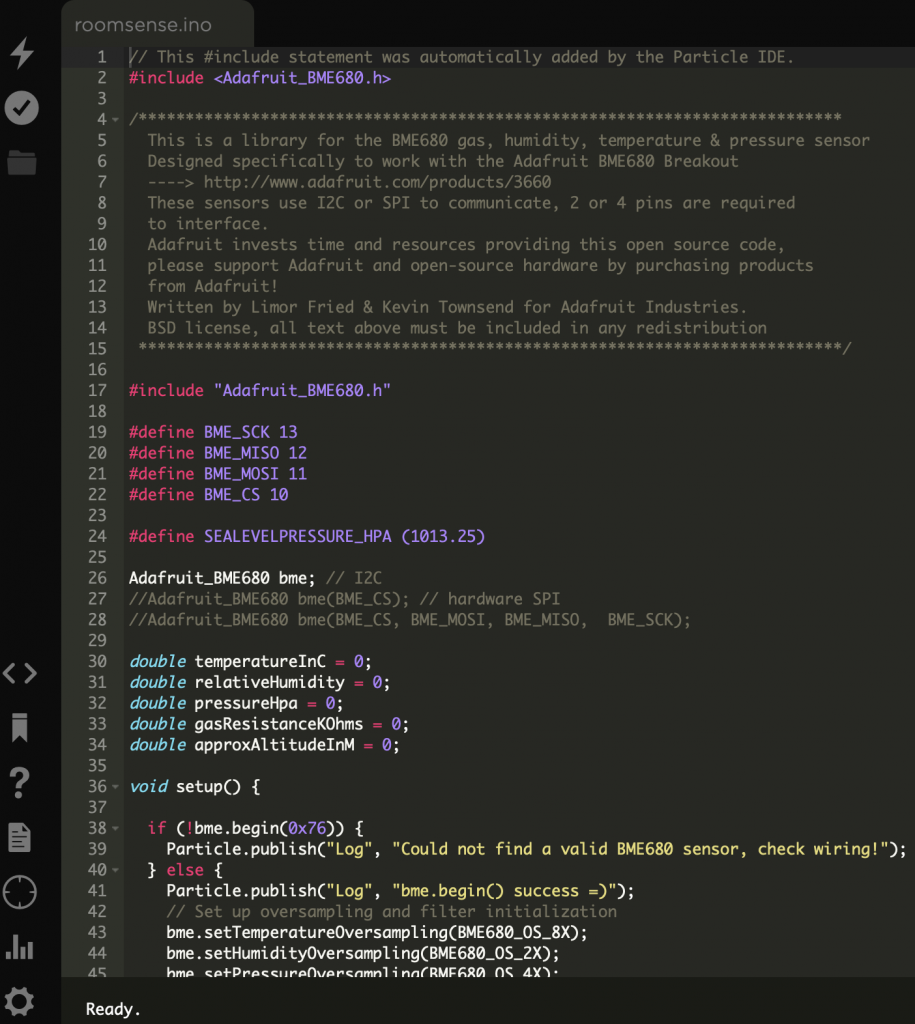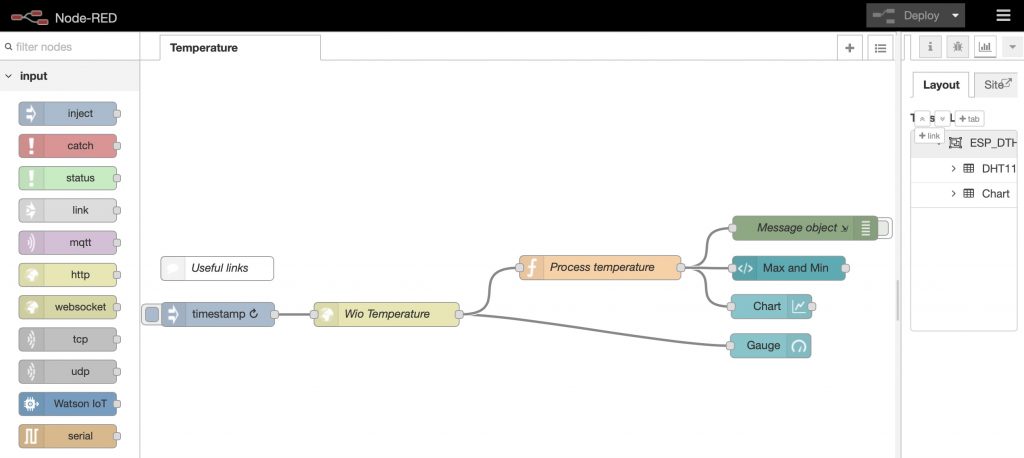‘DREAM’ is a new Centre for Doctoral Training in ‘Data, Risk And Environmental Analytical Methods’, established between four leading Universities – Cranfield University, Newcastle University, the University of Cambridge, and the University of Birmingham, that over the next several years will support 30 PhD students undertake doctoral research seizing the opportunities in ‘big data’ and analytics, designing and implementing effective risk mitigation strategies across the environmental sciences for academe, industry, NGOs and government. ‘Big data’ refers to extremely large data sets, often sourced in real-time through sensors and networks. The term emerged describing the volume, variety and velocity of data sets produced by our use of the ubiquitous information devices around us, from mobile phones to software logs, and from unmanned aerial vehicles and satellite remote sensing devices to embedded sensor networks. ‘Big data’ presents significant challenges, being viewed as difficult to curate, collate, process, and analyse using conventional techniques, ‘big data’ presents significant challenges. As we learn to collect and interpret ‘big data’ intelligently and purposefully, we can deliver significant benefits for Governments and industry. This presents a major opportunity to use ‘big data’ effectively to better manage risks in complex environmental systems. Understanding how these systems become unstable and create unpredictable situations is a key challenge as the complexity and interactions of our networked world increase. Different informatics and analytical techniques in extracting knowledge are now required to understand environmental risks and inform decision making. Example DREAM research will focus on themes such as the real-time assessment of the geohazard risks posed by flooding, drought, heatwaves and ground instabilities, and the mechanisms for mitigation and response through improved observation and monitoring technology, coupled forecasting and catastrophe modelling techniques, all aimed to underpin balanced decision support strategies. Research will consider the use of ‘big data’ in understanding systemic failures in critical infrastructure systems, drawing on novel sources of environmental data and multi-hazard assessment. The challenges of the changing global climate, and the threats posed by extreme meteorological events, exert direct challenges in managing the long-term protection of geobiophysical systems. Probabilistic modelling techniques, drawing on ensembles of climatic projections will inform new thinking about risk analysis and modelling, and particularly the human social impacts and consequences. The research will draw on a new generation of ‘big data’ computational, analytical and visualisation technologies to address these themes. DREAM represents a pedigree consortium of four leading Universities, led by Cranfield University, with Newcastle University, the University of Cambridge, and the University of Birmingham – having deep expertise in environmental risk management and the application of intelligent technologies to large data sets. With the support of NERC, the universities have come together to train the next generation of risk specialists addressing the opportunities from ‘big data’, to support decision-making in industry, Government and beyond, and so releasing benefits for business and society. DREAM postgraduates will span environmental risk scientists and informaticians, whose interdisciplinary research will encompass themes including spatial epidemiology, environmental geohazard assessment, offshore energy, climate change impacts, and geo-demographic enquiry: and whose expertise will maximise the untapped potential of fundamental data capture, assimilation and management, the operation of multi-sensor instrumented environments, real time data trapping, advanced analytics, and decision science. Key to the DREAM consortium is the extensive partnership with Big Data and policy and risk sector institutions, including: EU-JRC, ESRI-UK, Atkins Global, BGS; CEFAS; CEH; Defra; OS; EA; Herbert Smith Freehill Lawyers; Marine Scotland; LAs; MMO; SNH; James Hutton Institute; and Landmark Information Group, permitting the research to address stakeholder-driven, challenging themes, and allowing talented researchers to develop skills to support insightful, high impact, industrially-relevant Doctorates.]]>
Cranfield University GeoThread Blog





